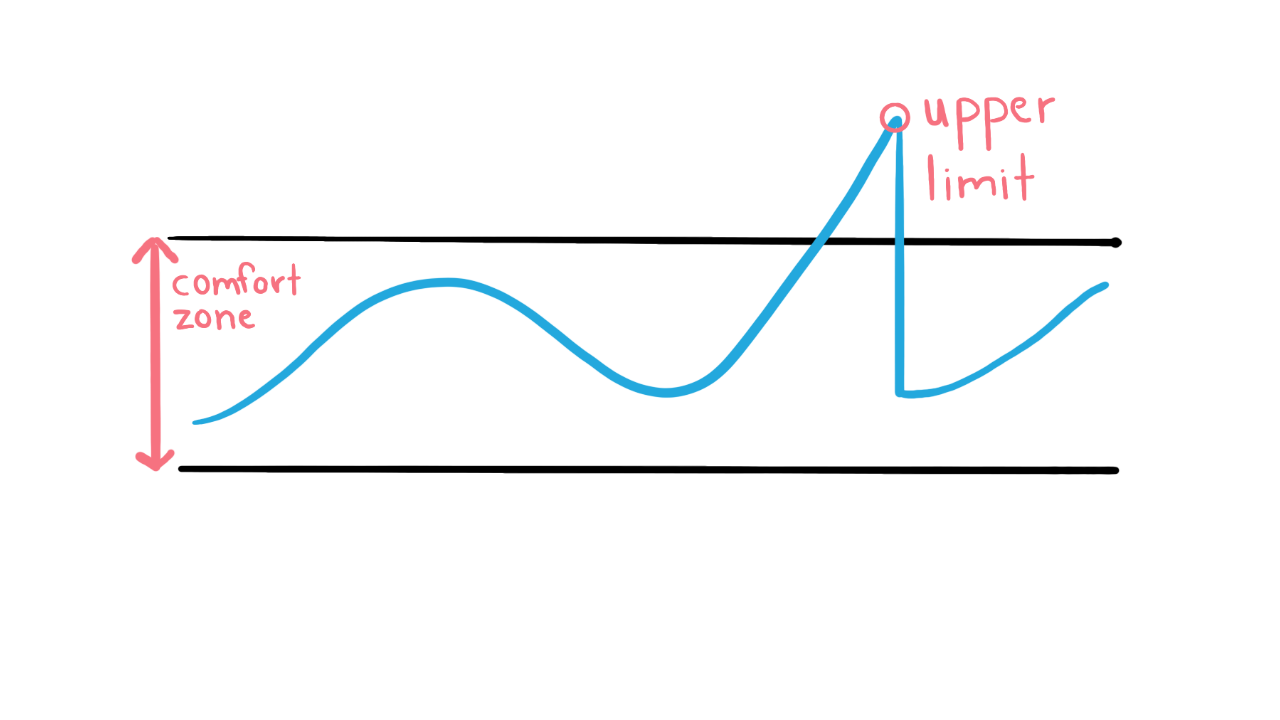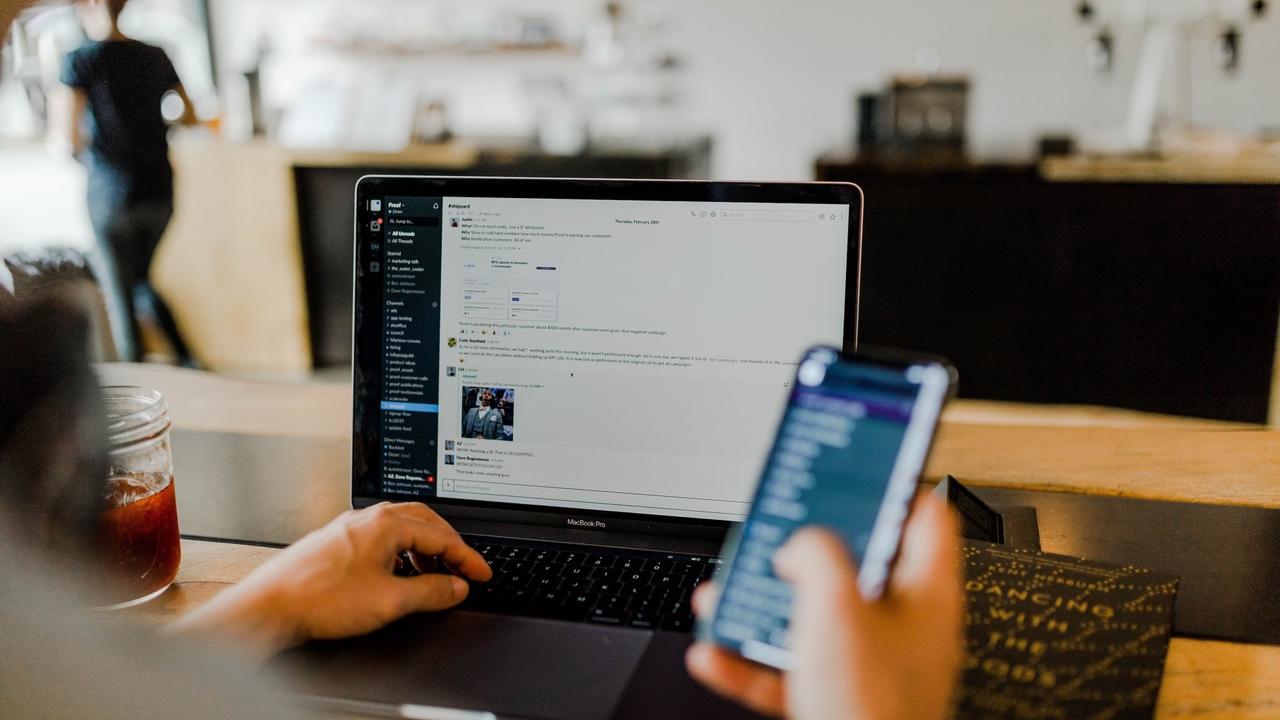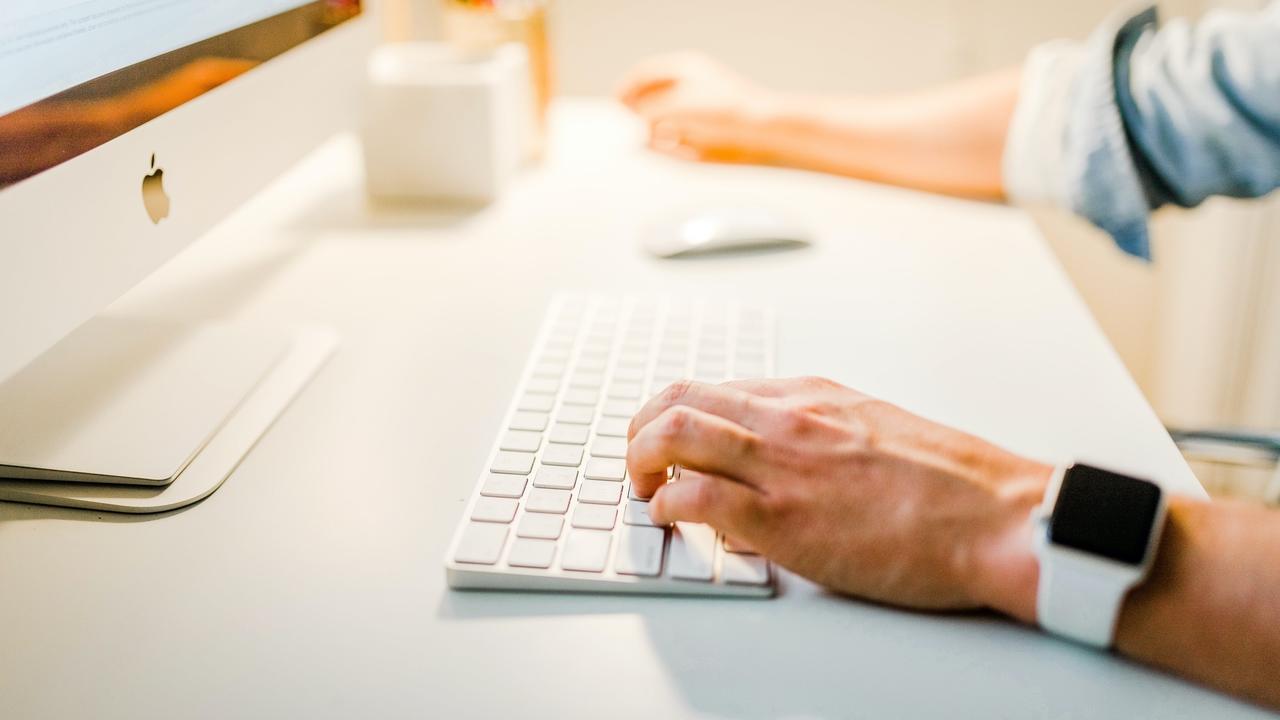You may not see it. You may not be aware of it. You may not even have a name for it.
But chances are, you have experienced the upper limits problem numerous times.
It’s a term coined by psychologist Gay Hendricks in The Big Leap. The upper limits problem is a paradoxical pattern: when we start to feel good inside, we unconsciously sabotage ourselves so we can go back to feeling bad again.
Upper limits can be difficult to see in action because they run counter to our ordinary logic about life. We think that feeling bad – pain, tension, anxiety, and conflict – is uncomfortable. We think that ...
Originally published in Inc. Magazine.
Like most successful entrepreneurs, working at a high level of intensity came naturally to Brad Feld, co-founder of Techstars and the Foundry Group. But over the last 30 years, he noticed a damaging pattern shared by many entrepreneurs: His words didn't match his actions.
He said he wanted to invest more in his personal relationships. He said he wanted to invest in his mental fitness. He said he wanted to work on himself. And yet work at the office always seemed to come first. Somehow, he was committed to never getting enough sleep, not taking eno
...Originally published in Inc. Magazine.
It's 2 a.m. I'm wide awake. Thoughts about the vendor I need to reply to, the email I forgot to write, and my overflowing inbox spin through my head, pinging me awake like mental smartphone notifications. Finally, I've had enough. I get out of bed and pull out my computer.
I open my inbox: "121 unread messages."
I spend the next two hours flying through my inbox. It's a blur of calendar invites, Slack messages, emails, and Asana tasks. Two hours later, at 4 a.m., I experience a rush more intoxicating than any drug: a rare moment of "inbox ...
Originally published in Inc. Magazine.
Have you ever wondered why, after spending hours on email, you feel tense and tight? Why you feel more anxious than before? Or why, even when do you stop, your mind keeps spinning?
This is the state that psychologist Linda Stone calls "email apnea." It's characterized by "shallow breathing or breath holding while doing email, or while working or playing in front of a screen."
Email apnea occurs for a variety of reasons. First, our posture slumps the moment we pick up our phone or computer, which compromises our ability to inhale and exhal
...Originally published in Inc. Magazine.
The modern office meeting is broken. We've known this for decades, which is why people say things like "death by meeting," "analysis paralysis," or Apple CEO Tim Cook's truism, "the longer the meeting, the less is accomplished."
And yet, in many organizations, meetings continue to drain energy, creativity, and time. In my own experience, it's become clear to me that the ordinary mindset in most meetings is best described as "not fully there" or, in the words of psychologist Linda Stone, a state of "continuous partial attention."
Just take a l
...Originally published in Inc. Magazine.
We live in a world that seems to have forgotten how to relax.
At work, we rush from one meeting to the next. We use the microscopic gaps in our day to fire off emails and texts. And we frantically try to complete all the items on our to-do list by the end of the day, and mostly fail.
At home, we finally have the space to take a breath and relax. And yet most of the things we do to take the edge off the day keep us stimulated and caught in this "always on" state: social media surfing, binge-watching Netflix shows, and catching up on texts and
...Let’s face it, email sucks.
Each day, I open my inbox to find hundreds of messages waiting for me. Even though I’m a religious unsubscriber, 30% are marketing emails that go straight to the trash. The rest are messages from co-workers, friends, and family members with thinly veiled requests for how I should be spending my time: “Can you send me that file?” “Hey, we really need to think about this new partnership?” “Can you make a reservation for dinner?”
Each time I open my inbox, I'm confronted by this truth: "the inbox," as Brendon Burchardputs it, "is nothing but a convenient organizing...
I have a confession to make. I struggle almost every day to stay resilient in the face of stress.
I realize the irony in admitting this. After all, I work in the industry of self-improvement and resilience – an industry where most “experts” purport to live a perfect life, where happiness and success arise almost effortlessly.
I wish I could make a similar claim. But even after over a decade of intensive mindfulness training, on some level, my experience of reality still feels utterly normal. My mind is more open than it was before. But my life still includes daily moments of overwhelm, ...
Even as I write this post, I am conscious of my desire to be somebody.
I want you, the reader, to see me as intelligent, witty, deep, and impressive. At the same time, I’m hoping that you also see me as humble and down to earth, like the kind of person you could grab a cup of coffee with and have a great conversation.
I don’t want you to see me as fake, superficial, uninformed, or full of myself. I don’t want you to say to yourself while reading this: “wow, this guy’s writing sucks” or “reading this post was a total waste of my time.”
I have a sneaking suspicion that I’m not alone.
Jus...
Monotony is the enemy of productivity and innovation.
And yet it’s so easy to slip into the trap of doing the same things, the same way, over and over. We eat the same breakfast. We take the same commute. We face the same daily onslaught of texts and emails. We move through the day at the same pace. Then we wake up and do it all over again.
The deeper I slip into this state, the more rigid I become, both in mind and body. Mentally, I lose the big perspective of my life and business. Instead, I fixate on small logistical tasks like completing to-dos and getting through my inbox.
Physic...










